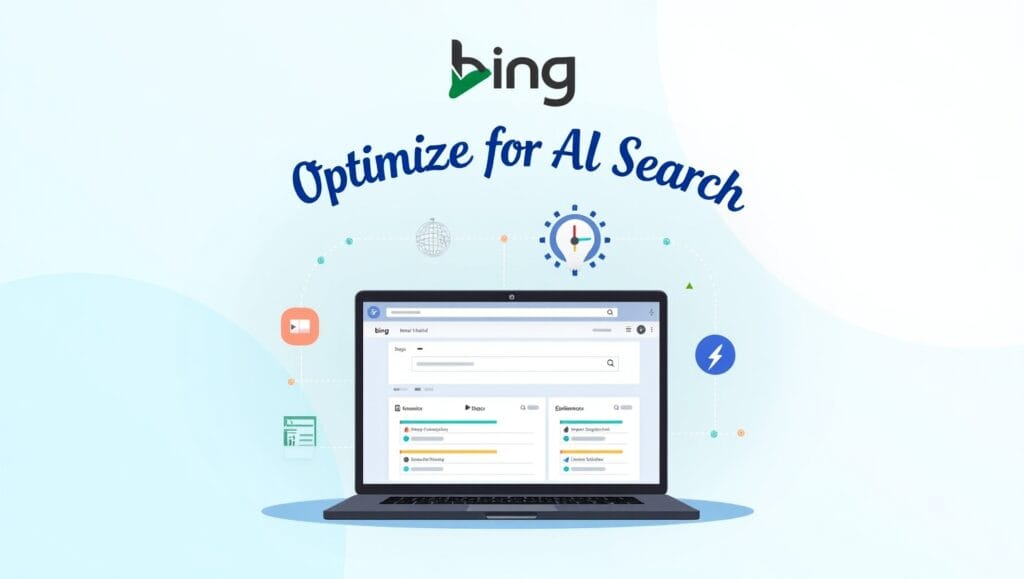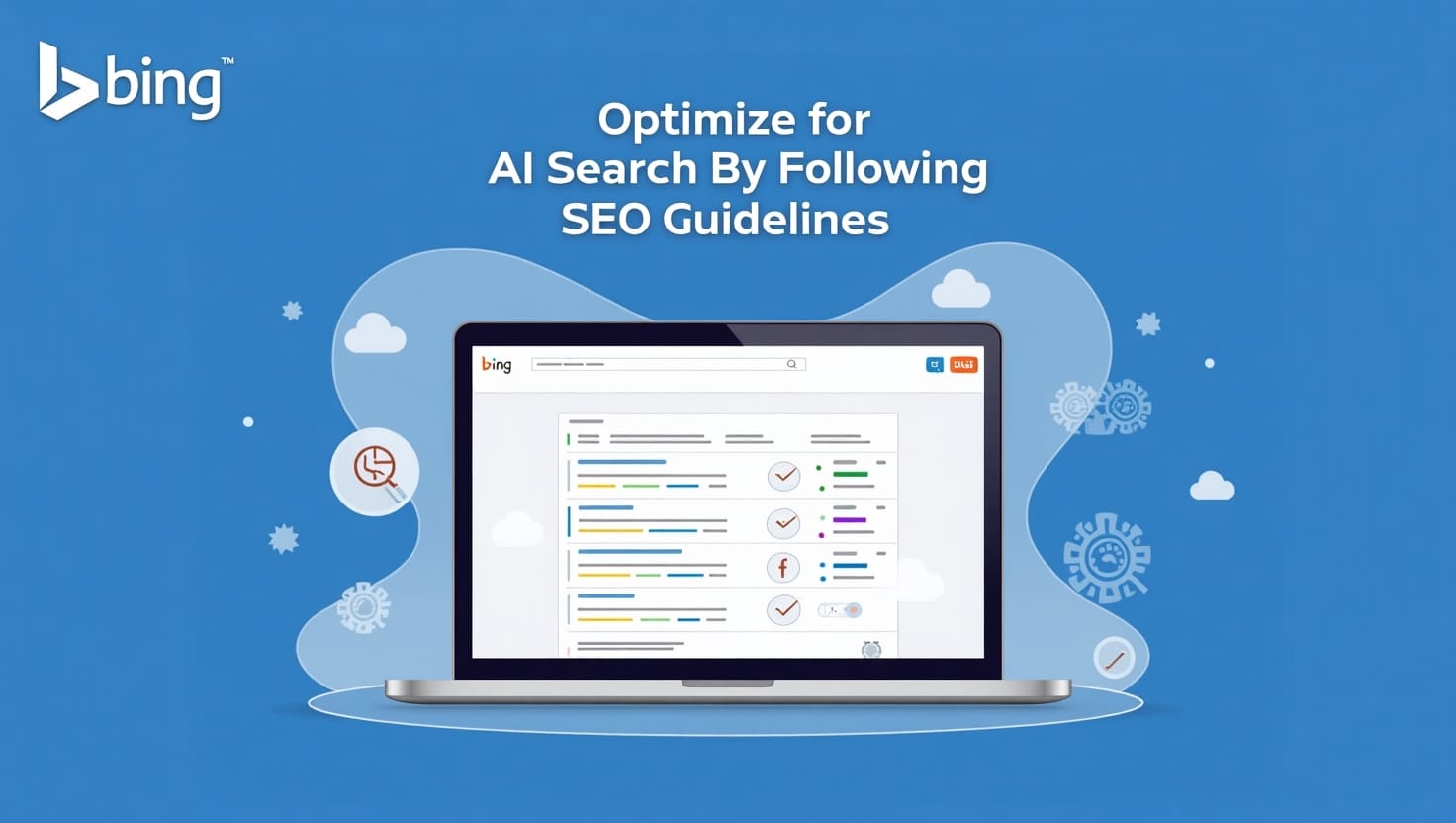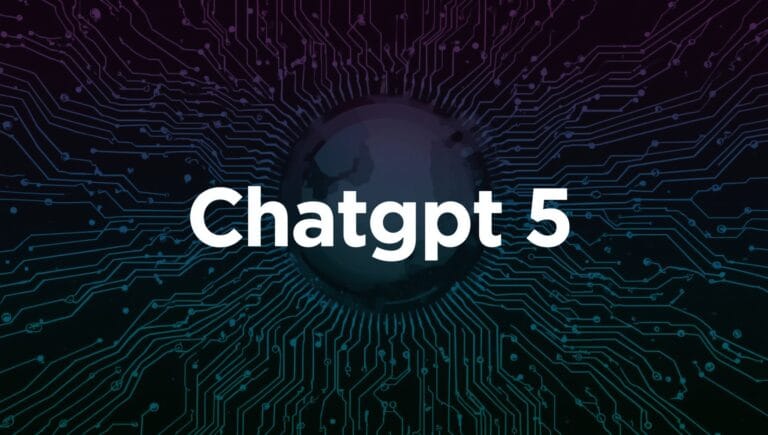In today’s rapidly evolving digital world, search engines are transforming—and Microsoft’s Bing is leading the way with AI search. With its integration of OpenAI’s GPT models, Bing is no longer just a traditional search engine; it’s an intelligent assistant capable of answering complex queries, summarizing web pages, and even generating content. But with this transformation comes a crucial question for content creators, marketers, and webmasters:
How can you optimize your website for Bing’s AI Search?
The answer lies in adapting traditional SEO practices while embracing new AI-focused optimization techniques. Let’s explore how you can do both effectively.
🔧 Understanding Bing’s AI Search
Bing AI Search combines traditional web crawling with advanced natural language processing (NLP) and machine learning to deliver more human-like answers. With the rollout of Copilot in Bing, users can ask conversational questions, and Bing will generate responses from multiple sources across the web.
This shift means structured, high-quality content is more valuable than ever before.
🧩 Core SEO Guidelines for Bing Optimization
To optimize for Bing’s AI search, start by aligning with Bing Webmaster Guidelines and then go a step further by optimizing for AI readability and intent matching.
1. ✅ Focus on High-Quality Content
Bing prioritizes clear, informative, and trustworthy content. Your content should:
- Address user intent comprehensively
- Be grammatically correct and well-structured
- Avoid keyword stuffing
- Be factually accurate and updated regularly
Tip: Use authoritative sources, cite them when necessary, and provide unique insights.

2. 🔍 Use Clear Page Structure
Bing relies on structured content for indexing and generating AI snippets. Use:
- H1 for the main headline
- H2 and H3 for subtopics
- Bullets, tables, and lists for clarity
- Short paragraphs (2–4 lines max)
Tip: Use schema markup to help Bing AI understand your content semantically.
3. 🧠 Optimize for Conversational Queries
AI search engines are designed to answer natural language questions. Think about how users talk, not just what they type.
Examples:
- Instead of “best electric cars 2025,” try optimizing for: “What are the best electric cars to buy in 2025?”
- Include question-style headings and conversational answers.
4. 📱 Ensure Mobile Optimization
Bing’s AI search is used heavily on mobile devices and voice search. Ensure your site is:
- Fully responsive
- Fast-loading on mobile
- Free from intrusive ads or popups
Page speed is a critical ranking factor, especially for AI-generated answers.
5. 📑 Use Schema Markup and Metadata
Bing heavily relies on structured data for rich snippets and featured answers. Use:
FAQPageschemaArticle,BlogPosting,Product, andReviewschema- Metadata with clear title tags, meta descriptions, and alt text for images
Tip: Bing supports Open Graph and Twitter Card metadata—helping with visual representation in results.
6. 🔗 Build Quality Backlinks
Backlinks still matter—even in the AI age. Bing values:
- Natural inbound links from reputable websites
- Mentions in niche forums, tech blogs, and local news
- High-quality guest posts and citations
Avoid spammy link-building tactics—Bing can detect and penalize them.
Explore it : Bing
7. 🛠️ Submit to Bing Webmaster Tools
This step is often overlooked:
- Submit your sitemap
- Monitor crawling errors and indexation status
- Get insights into how Bing AI is interpreting your content
Bonus: Use the new “IndexNow” protocol—co-developed by Microsoft—to instantly notify Bing about new or updated content.
🤖 AI-First SEO Best Practices
Bing’s AI model uses web data to synthesize answers. That means your site needs to be easily digestible by large language models (LLMs).
Here are additional AI-first SEO practices:
- Write summary boxes or “TL;DR” sections at the top of your posts
- Add FAQs that AI can extract for direct answers
- Use context-rich sentences with clear meaning
- Avoid vague or ambiguous writing—be specific!
📊 Content That Works Well in AI Search
Certain types of content are favored in Bing AI results:
- How-to guides
- Product comparisons and reviews
- Step-by-step tutorials
- Expert opinions
- Data-backed insights
If your niche is tech trends, gadgets, or AI (like USAtrends.tech), double down on evergreen content mixed with current updates.
🚀 Final Thoughts
AI-powered search is the future—and it’s already here with Bing. By following Bing’s SEO guidelines and adapting to AI-driven search behavior, you can gain visibility in both traditional search results and Bing’s AI responses.
Start today by refining your content strategy with clarity, structure, and AI readiness in mind.
Stay updated with the latest in AI, SEO, and digital trends — check out more insights at TechSplits.com.







